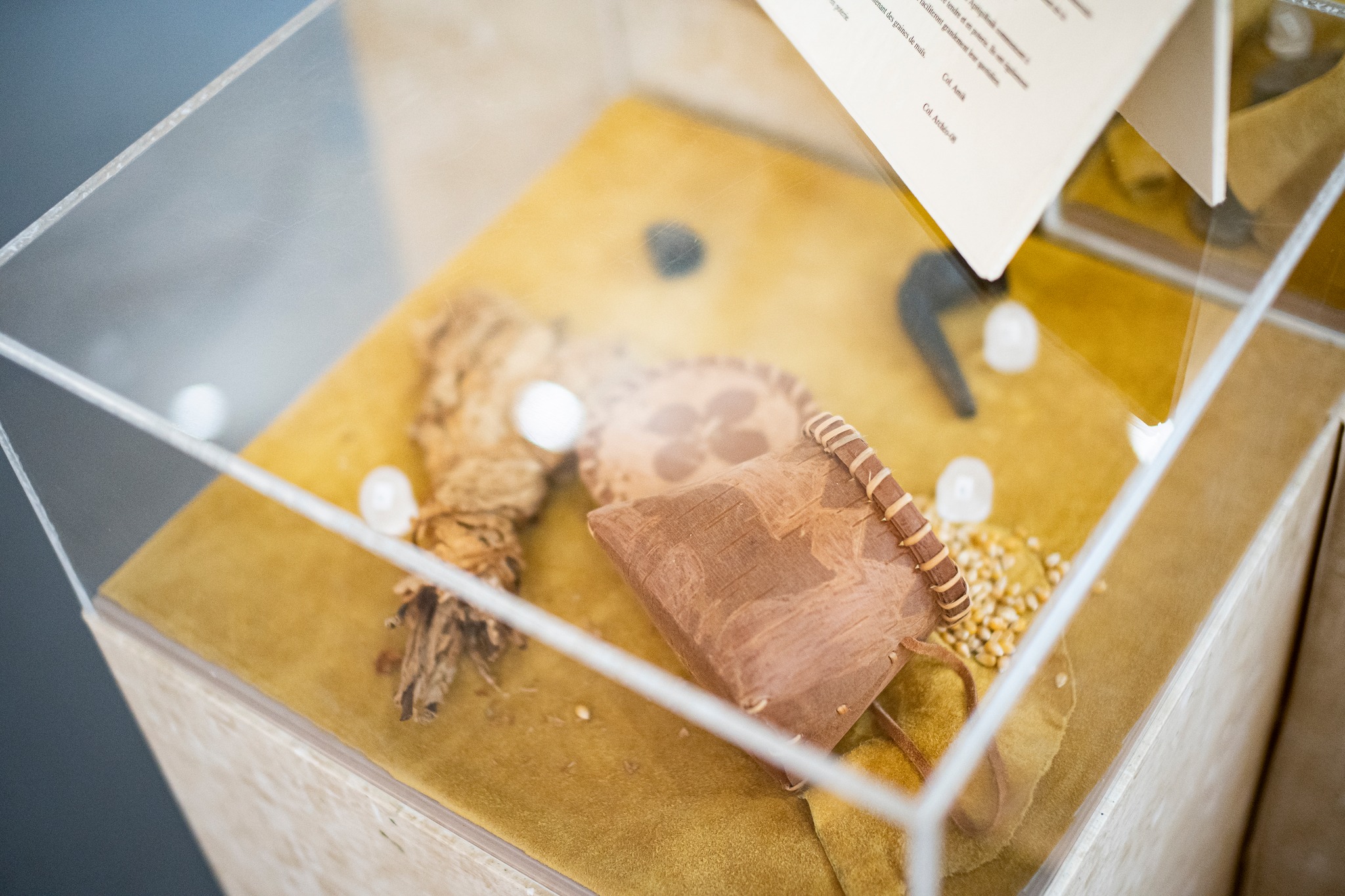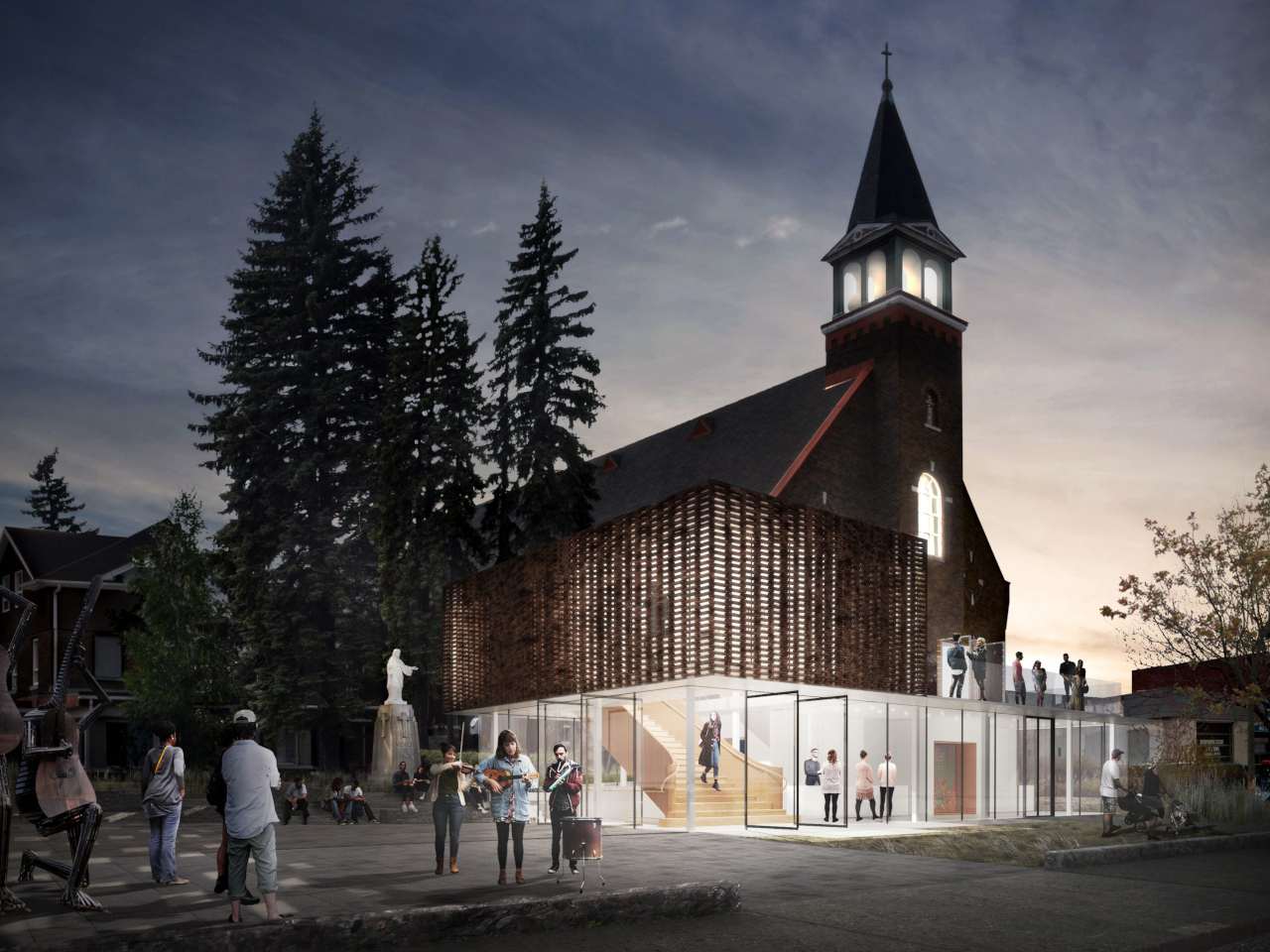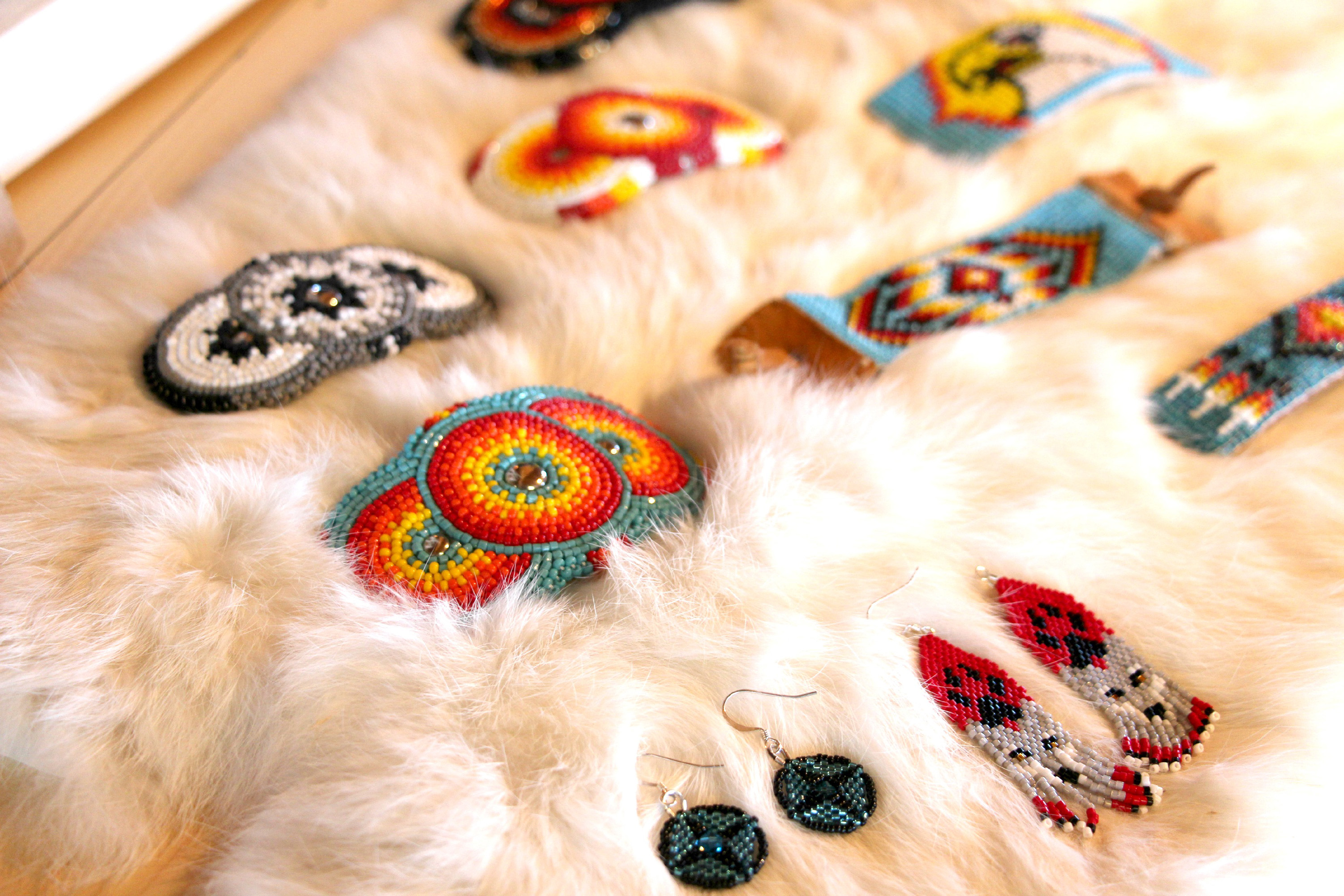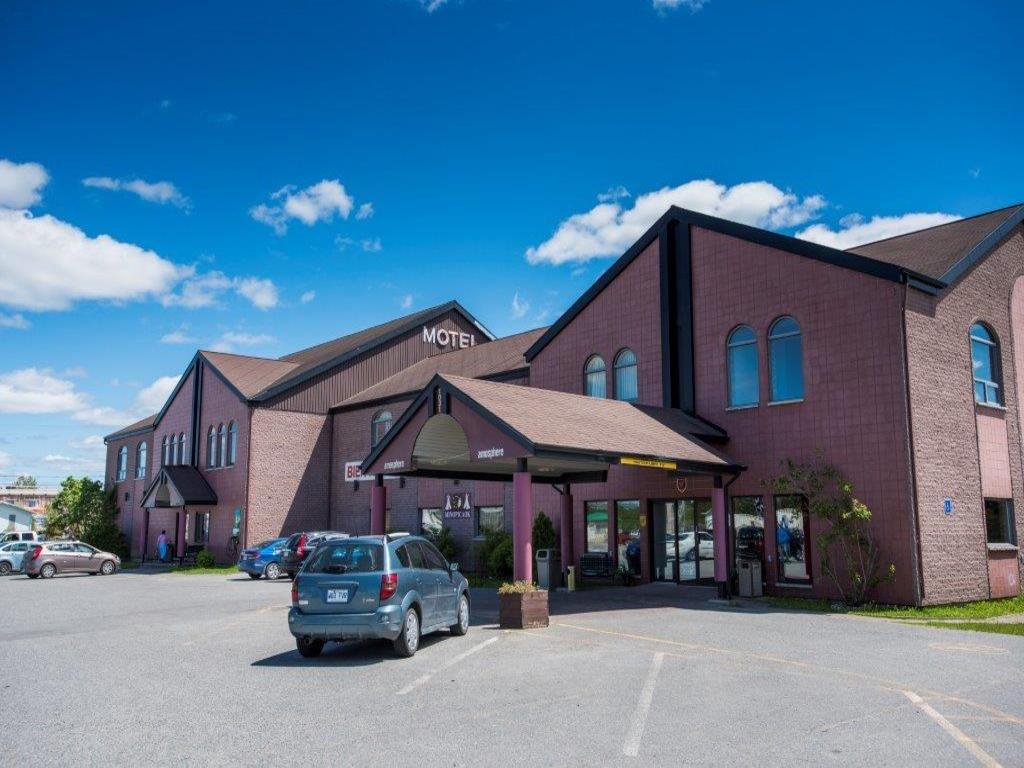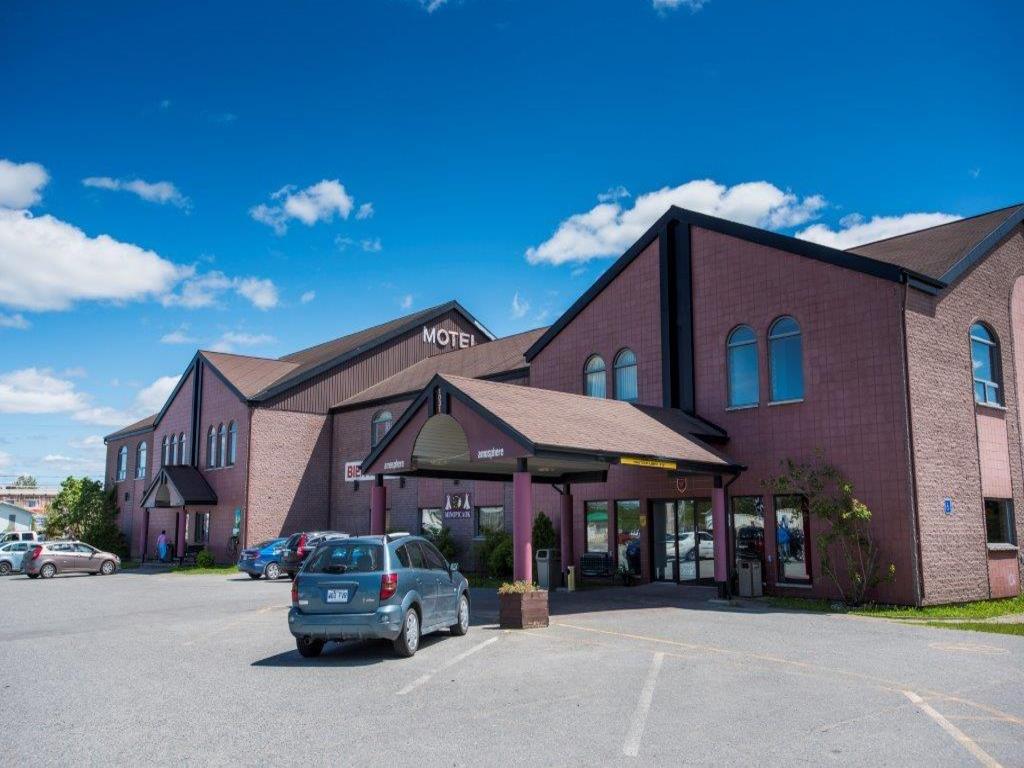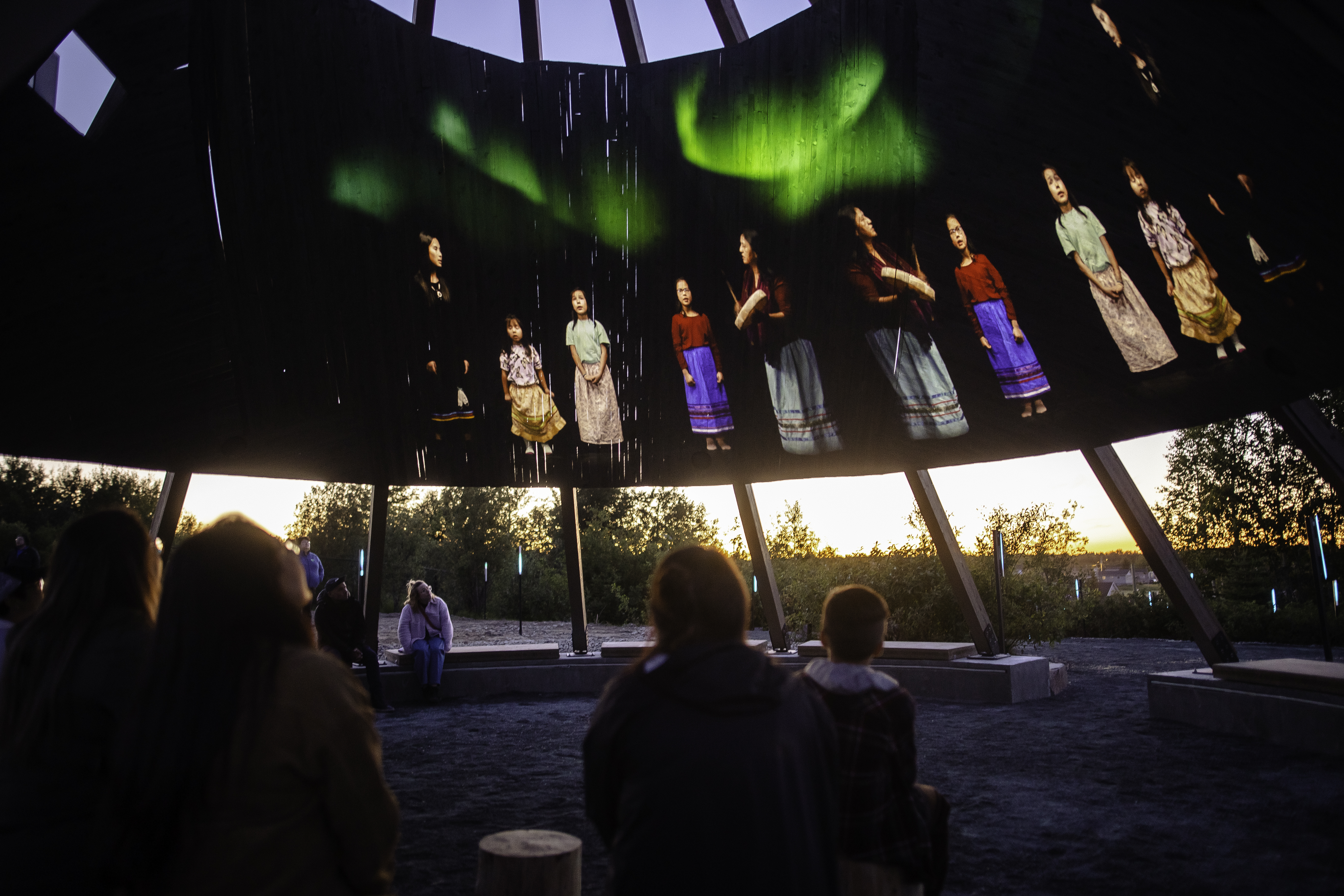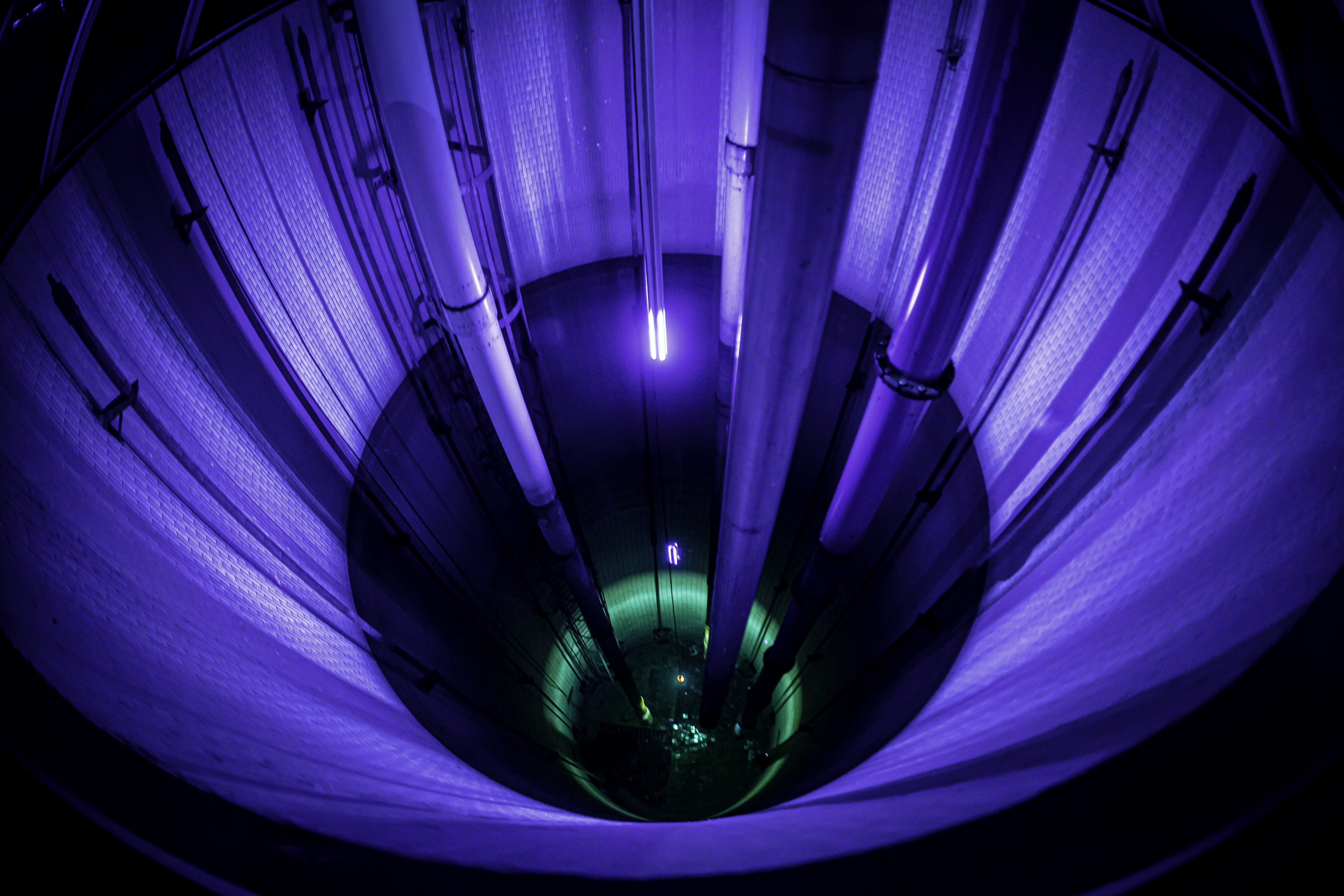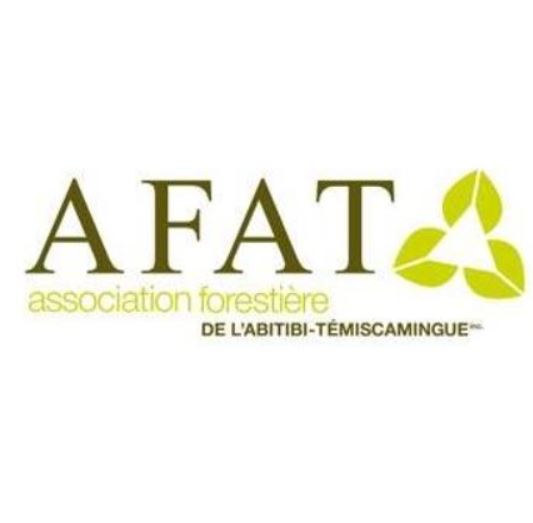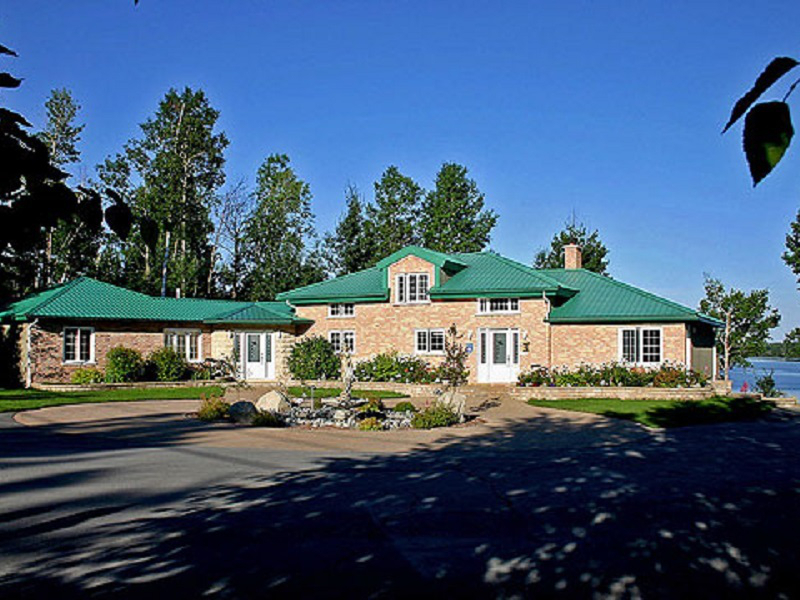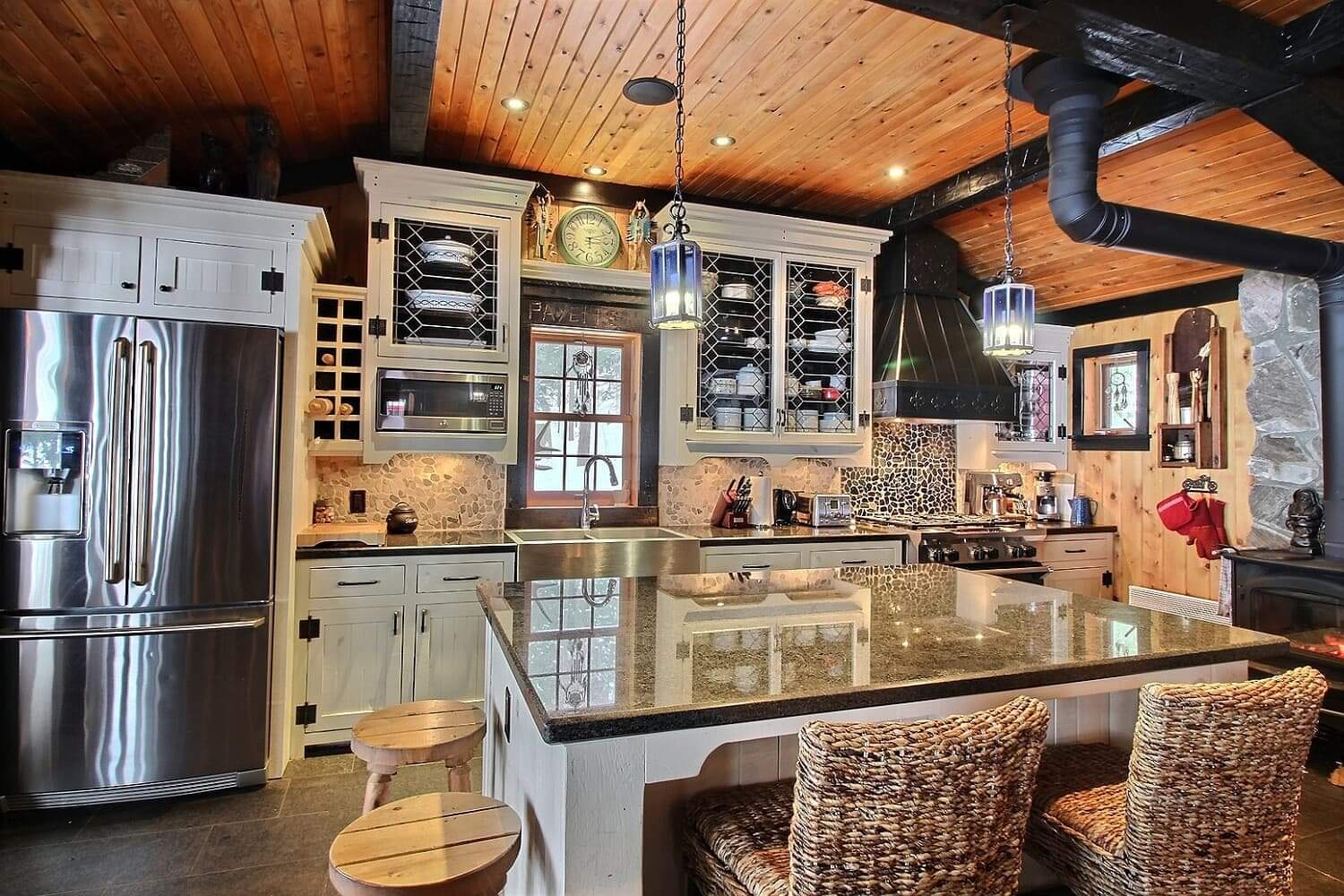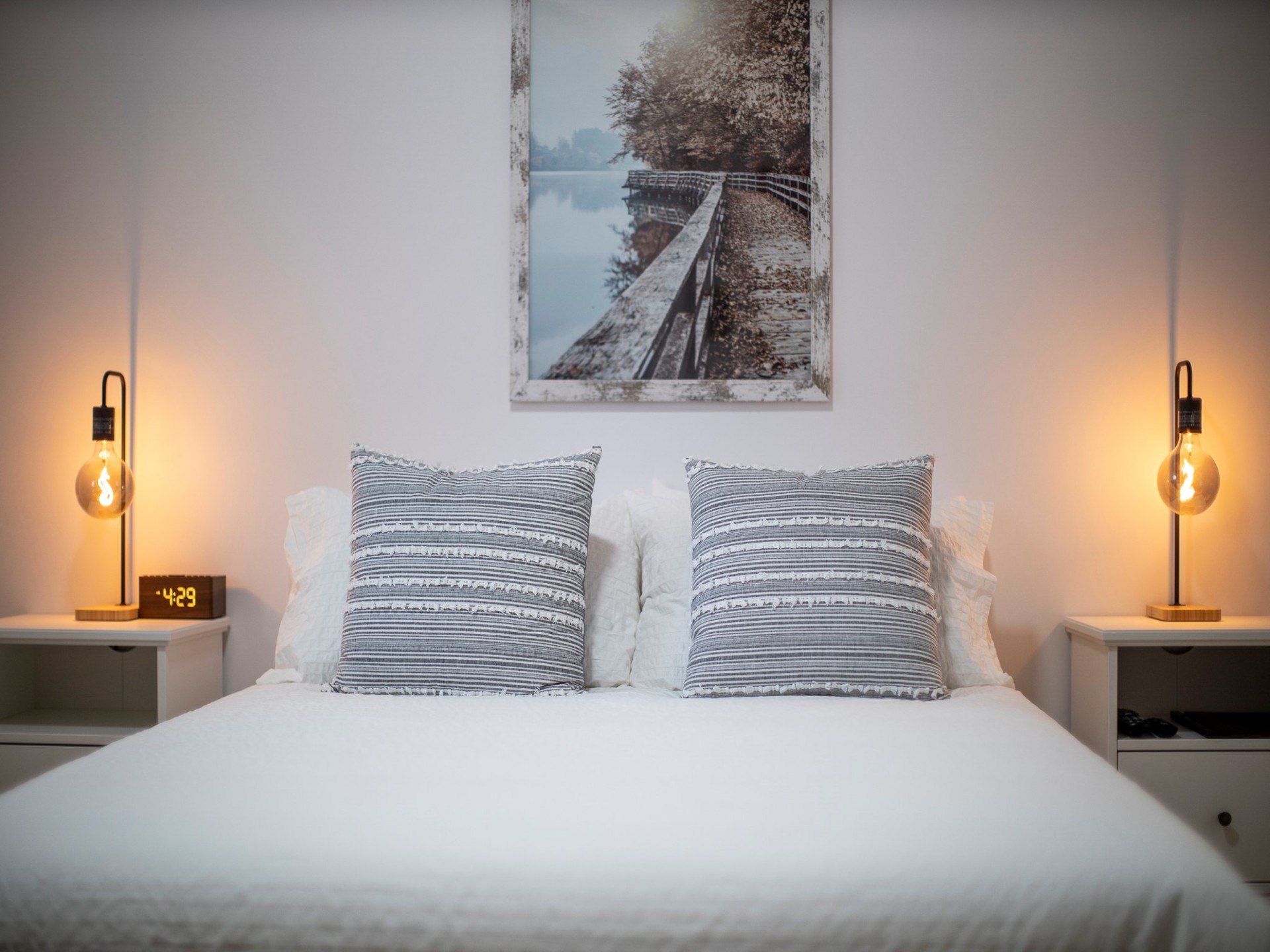An Interview with Guillaume Rivest – Part 1
Between Rouyn-Noranda and Montréal are a wildlife reserve, a lot of spruce trees, some striped skunks, five administrative regions, lakes, and rivers. Guillaume Rivest knows that very well. To participate in person in a radio feature for the Moteur de recherche radio show, in Montréal, Guillaume prepared for two months. In his opinion, this cross-country skiing expedition will take about 30 days. It is 650 kilometres altogether. Collaborators will accompany him during his journey. At times, they will take pictures and record videos to document the expedition; at other times, they will keep him company during stages of this challenge. To learn more about Guillaume and his motivations, Tourisme Abitibi-Témiscamingue met him three days—including the day of the interview—before he left.
Tourisme Abitibi-Témiscamingue (TAT): Guillaume, not everybody would embark on such a project. Where did the idea of going on this ambitious expedition come from? Tell us about your background.
Guillaume Rivest : Ever since I was young, I have been wild about great expeditions. In elementary school, I heard about Bernard Voyer’s expeditions, and I was crazy about that. I also grew up getting outdoors on my parents’ land. I later took a trip to Western Canada, where I have slept in a tent for four months. In fact, I went on that trip with François Bédard. Adventures and expeditions have always been part of my life.
I was a student in the bachelor’s degree program in outdoor intervention, but I did not complete it. I do not question the relevance of this program of study. It’s just that, at that point in my life, this was not what I was looking for. I changed my course of study to politics and environment. I showed an interest in outdoors and communications.
I came back to the region to work as a journalist, and then as a radio feature reporter for CBC/Radio-Canada. However, I have always left the door open for the outdoors. I have completed technical training and obtained certifications when I was a journalist and a radio feature reporter. The idea of going on great expeditions and adventures has always been in the back of my mind.
Before the pandemic, I planned an expedition with friends. But this project was to take place in the Canadian Arctic. In the context of the pandemic, we obviously put that idea on hold. That said, I still wanted to go on an adventure. So, I looked at available options.
One day, while I was doing my feature for Moteur de recherche, I thought: “Hey! I could cross-country ski to Montréal to do my feature!” That’s how the idea came about.
.jpg)
TAT: Do you have more intellectual reasons for going on this expedition? We understand that you wanted to bring territory and active transportation to the forefront. Can you tell us more about that?
Guillaume : This expedition becomes an excellent medium to cover important issues. Parts of my planning process highlighted the importance of sustainable mobility. Let’s take the ski route, for instance. Finding continuous trails to ski is quite a puzzle. I had to consider several alternatives, as I do not want to ski along Highway 117. Another piece of the puzzle is that being on federated snowmobile trails is illegal. We do not have a lot of infrastructure in Quebec to leverage sustainable mobility. In addition, accessibility precisely has been proven to be the greatest barrier to those means of transportation.
From Belleterre to Grand-Remous, I will actually ski 300 kilometres without ever entering a village. I will then ski 220 kilometres more without ever entering a village from Belleterre to the very end of Réserve faunique La Vérendrye, near Rolland Lake. I will pass about 60 kilometres south of Kitcisakik, but without passing directly through this community. All this to say that our territory is huge. There are very few territories as vast as this one in the world. Added to that is the fact that we are not in the Far North, but somewhat in southern Quebec. I believe that the vastness of the territory should be shown. Moreover, we have to think about the protection of those territories. Indeed, the day those huge areas will no longer exist, we will realize the treasure we had.
For instance, I will pass through Coulonge River and Dumoine River. These two waterways are among the most beautiful rivers in Canada. In a way, we play a role in the protection of these territories by making them accessible to the public. Thus, I want to bring to the forefront the beauty and the richness of those places, as well as sustainable mobility. And then there is a playful side: creating lasting memories. I will remember this month on an expedition much longer than a month here if I stayed to work from home.
TAT : How do you deal with logistics? Do you carry all of your equipment?
Guillaume : We will be self-sufficient for the first part of the journey. François Bédard will accompany me. He is a friend with whom I already embarked on several outdoor expeditions and projects. The film crew will meet us thereafter and bring us supplies. Since we are given this opportunity, we will take it! I might have to ski or even walk along the highway, especially after coming out of Réserve faunique La Vérendrye. At that point, I will try to put everything I can in a backpack and in a sleigh. So, I will carry on my back a backpack weighing 60 to 70 pounds from the moment I will approach Mont-Laurier to the very end of my journey.
.jpg)
TAT : What is your biggest fear regarding this expedition?
Guillaume : The expedition itself does not scare me. Yes, I will be in remote locations at times. But never remote to the point where no snowmobile or helicopter can come and get me. There are plenty of ways to be evacuated if it goes wrong, as opposed to an adventure in the middle of Baffin Island, or in the Arctic or in Antarctica. I will never be more than 20 kilometres away from a passable road. So, in that sense, it is not too stressful. However, two things—sort of—stress me out. First, interactions between road users are a concern. For example, I will have to walk along Highway 117. In that sense, the other road users are the ones who stress me out. Having said that, ski route conditions are another concern. After a snowfall of 60 centimetres, I might not be able to do more than 15 or 10 kilometres a day, compared to 30 kilometres. Thus, I will have to put a lot more effort into a shorter distance. Finally, the biggest challenge will be on a psychological level. The day I will leave will be the first day of a 30-day expedition. I should not think like that, but it is still a long journey. It is like eating an elephant. You got to eat one bite at a time!
TAT : This is like a pilgrimage to Santiago de Compostela. Have you ever meditated? Do you think you will argue with yourself? [laughs]
Guillaume : Hmm. I don’t know. I heard that, in this kind of context, you can finish your thoughts. I feel that I will reach that point.
Guillaume est parti en ski de Rouyn-Noranda le 11 février dernier. Son but est de se rendre jusqu’aux studios de Radio-Canada afin de faire sa chronique en personne - si les conditions le permettent- à l’émission Moteur de recherche, animée par Mathieu Dugal. Reste à l’affût pour la suite de cette entrevue. D’autres détails bien intéressants y seront expliqués, comme la saveur de ses futures aventures ainsi que ses attentes en lien avec son arrivée…


